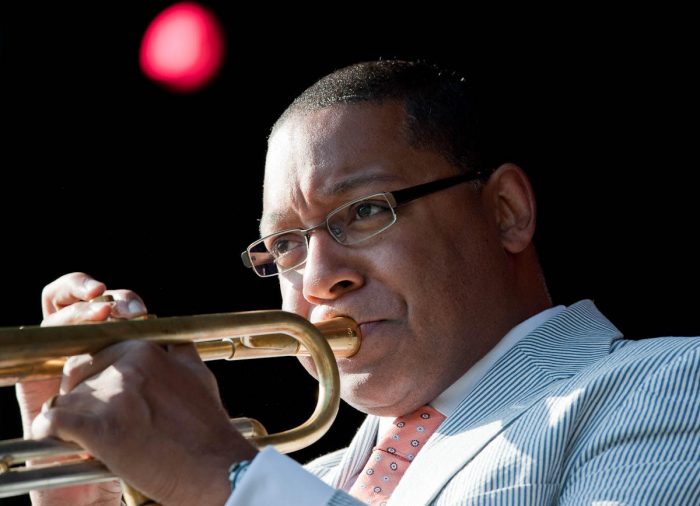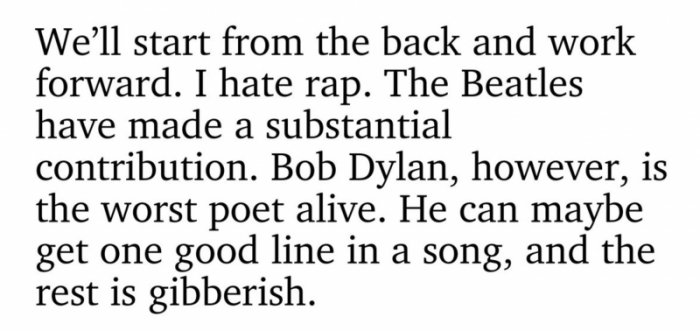Note: You can read a translation below.
Happiness, as it has been conceived for at least the past couple thousand years in Western philosophy, is a problem. For the Greeks, happiness was only one component of Eudaimonia, a general human flourishing that must be developed along with ethics, personal growth, and social and civic duty in order for a life to have purpose and meaning. “Positive psychology speaker” Dr. Nico Rose reminds us that the concept contrasts with Hedonia (as in “hedonism”), which relates solely to personal pleasure and enjoyment, such as the kind famously indulged in by many an ancient tyrant.
These are not mutually exclusive categories. “Meaningful experiences can certainly bring about pleasure,” writes Rose, “and taking care of ourselves can certainly add meaning to our lives.” We should, he cautions “refrain from equating the pursuit of hedonia with shallowness.”
The problem, as the Greeks understood it—and as proponents of positive psychology like Jonathan Haidt and founder Martin Seligman recognize as well—is that subjective happiness for some can mean deep unhappiness, or tyranny, for others. It can mean pettiness, apathy, and emotional immaturity, qualities that may not necessarily be immoral but are certainly unpleasant and socially corrosive.
But we might refer to the difference between Hedonia and Eudaimonia another way. Matthew Pianalto at Philosophy Now discusses the contrast as one between “psychological and philosophical concepts of happiness.”
When happiness is equated with subjective well-being, the vast majority of people turn out to be relatively happy. Aristotle and the other Greeks, however, were not concerned with relative or subjective happiness – they wanted to know what the objective features of a truly happy life would be. Greek inquiries into the nature of the good life were really inquiries into the nature of the best life. Thus, when the various Greek philosophers recommended the cultivation of virtue in order to live happily, and since the word we translate as ‘virtue’ really means ‘excellence’, the Greeks were basically telling us that the happiest (and the best) life is the most excellent life.
Is this moralization really necessary for human flourishing, and does it actually promote a superior form of happiness? Or does it simply introduce a means for controlling other people’s behavior and shaming them for their supposed lack of virtue? If you were to ask Albert Camus this question, he might have suggested the latter, and anyone who has read The Stranger and thought about the social coercion the novel portrays will hardly be surprised. In the video above, Camus strongly implies his own view with an imagined Stranger-like dialogue, in French. A translation (generously provided by @TOS1892) roughly reads:
“Today happiness is like a crime—never admit it. Don’t say ‘I’m happy’ otherwise you will hear condemnation all around.”
“’So you’re happy, young man? What do you do with orphans from Kashmir? Or the New Zealand lepers who aren’t “happy” as you say?’”
“Yes what to do with the lepers? How to get rid of them as Ionesco would say? And all of a sudden, we are sad as toothpicks.”
As Maria Popova points out at Brain Pickings, Camus considered this kind of labored, almost rigorous, kind of unhappiness a “self-imposed prison,” writing in a 1956 letter that “those who prefer their principles over their happiness… refuse to be happy outside the conditions they seem to have attached to their happiness. If they are happy by surprise, they find themselves disabled, unhappy to be deprived of their unhappiness.” (I can’t help but think of these lines: “And if the day came when I felt a natural emotion / I’d get such a shock I’d probably jump in the ocean.”)
Camus recognized emotions not as abstract principles, but as deeply connected to “the solidarity of our bodies, unity at the center of the mortal and suffering flesh.” The corrective to a shallow hedonism that might override our ethics is not a striving after philosophical notions of “excellence,” but another emotion, unhappiness, which we should also not be ashamed to feel. “No,” wrote Camus, “it is not humiliating to be unhappy.” The philosopher wrote these words to a hospitalized friend who was suffering physically, a condition, he admits, that is “sometimes humiliating.” But the more existential “suffering of being cannot be” a humiliation. “It is life,” and it forces us to see things we would rather not see.
Do these alternations of happiness and unhappiness point toward something larger than the fleeting whims of physical pain or personal satisfaction? Yes, Camus thought, but the fact that we need them does not speak especially well of people in what he called a “servile century.” In his notebooks, Camus considered how, through sorrow, Oscar Wilde came to understand art as something that “must blend with all” rather than transcend ordinary life. “It is the culpability of this era,” he writes, “that it always needed sorrow… to catch a glimpse of a truth also found in happiness.”
It is entirely possible to be happy and virtuous, authentic, and truthful, Camus suggests, “when the heart is worthy.” In some ways, it seems, he reframed the ancient Greeks’ idea of Eudaimonia from an abstract philosophical principle to a subjective psychological state, since there is no clear, objective way in an absurd universe, he thought, to know what an “excellent” life should look like. Still, like Aristotle, Camus suggests that pursuing meaningful happiness is a “moral obligation” writes Popova. But he understands this pursuit as perilous and potentially devastating, necessitating “an equal capacity for contact with absolute despair.”
via @pbkauf
Related Content:
Albert Camus, Editor of the French Resistance Newspaper Combat, Writes Movingly About Life, Politics & War (1944–47)
Hear Albert Camus Read the Famous Opening Passage of The Stranger (1947)
Albert Camus Talks About Nihilism & Adapting Dostoyevsky’s The Possessed for the Theatre, 1959
Josh Jones is a writer and musician based in Durham, NC. Follow him at @jdmagness





